Asparagus is widely cultivated as a cool-season vegetable crop in temperate regions of the world. The plant belongs to the family Asparagaceae. It is believed to be originated in Europe and Western Asia. Botanical name of asparagus is Asparagus officinalis.
Asparagus plants are dioecious with male and female flowers on separate plants, but sometimes hermaphrodite flowers are also seen. Fruit is a small berry which is red in colour. Asparagus fruits are poisonous to humans.
Food Uses and Nutrition of Asparagus: Tender shoots (spears) of asparagus plants are used as a leafy vegetable. Young shoots of Asparagus are very rich in minerals like iron, phosphorus, potassium, copper, manganese, selenium, calcium, magnesium and zinc. It is also rich in vitamins and major vitamin present in asparagus are vitamin B6, vitamin A, vitamin C, vitamin E, vitamin K, thiamin, riboflavin, rutin, niacin, and folic acid. Asparagus shoots are low in calories, low in sodium, rich in protein and a rich source of dietary fiber. Asparagus shoots are also rich in an amino acid called asparagine. Dried asparagus roots are used as a medicine because of its diuretic and aphrodisiac properties. The most desirable part of the asparagus spears is its young, tender tips. When cooked properly, asparagus tips/spears taste delicious and heavenly.
According to USDA, the United States Dept. of Agriculture, 100 grams of edible portion of RAW asparagus spears has the following nutrient composition.
Water-93.22 g; Energy-20 kcal; Protein-2.2 g; Total lipid (fat)-0.12 g; Carbohydrate-3.88 g; Fiber, total dietary-2.1 g; Sugars, total-1.88 g; Calcium, Ca-24 mg; Iron, Fe-2.14 mg; Magnesium, Mg-14 mg; Phosphorus, P-52 mg; Potassium, K-202 mg; Sodium, Na-2 mg; Zinc, Zn-0.54 mg; Vitamin C-5.6 mg; Thiamin-0.143 mg; Riboflavin-0.141 mg; Niacin-0.978 mg; Vitamin B-6-0.091 mg; Folate, DFE-52 Aug; Vitamin A, RAE-38 Aug; Vitamin A, IU-756 IU; Vitamin E-1.13 mg and Vitamin K-41.6 Aug
Boiled Asparagus Spears: Asparagus vegetable can be cooked by boiling also. As per USDA, the nutrient composition of boiled asparagus spears is as follows:
Water-g-92.63 g; Energy-kcal-22 kcal; Protein-g-2.4 g; Total lipid (fat)-g-0.22 g; Carbohydrate-g-4.11 g; Fiber, total dietary-g-2 g; Sugars, total-g-1.3 g; Calcium, Ca-mg-23 mg; Iron, Fe-mg-0.91 mg; Magnesium, Mg-mg-14 mg; Phosphorus, P-mg-54 mg; Potassium, K-mg-224 mg; Sodium, Na-mg-240 mg; Zinc, Zn-mg-0.6 mg; Vitamin C-mg-7.7 mg; Thiamin-mg-0.162 mg; Riboflavin-mg-0.139 mg; Niacin-mg-1.084 mg; Vitamin B-6-mg-0.079 mg; Folate, DFE-µg-149 Aug; Vitamin A, RAE-µg-50 Aug; Vitamin A, IU-IU-1006 IU; Vitamin E-mg-1.5 mg and Vitamin K-µg-50.6 Aug
Both canned and pickled asparagus spears store well for a long period of time. A detailed account of nutrients present in canned asparagus is given below:
Drained Solids
Water-93.98 g; Energy-19 kcal; Protein-2.14 g; Total lipid (fat)-0.65 g; Carbohydrate-2.46 g; Fiber, total dietary-1.6 g; Sugars, total-1.06 g; Calcium-16 mg; Iron-1.83 mg; Magnesium-10 mg; Phosphorus-43 mg; Potassium-172 mg; Sodium-287 mg; Zinc-0.4 mg; Vitamin C-18.4 mg; Thiamin-0.061 mg; Riboflavin-0.1 mg; Niacin-0.954 mg; Vitamin B-6-0.11 mg; Folate, DFE-96 Aug; Vitamin A-822 IU; Vitamin E-1.22 mg and Vitamin K-41.3 Aug
With Solids and Liquids
Water-94.32 g; Energy-15 kcal; Protein-1.8 g; Total lipid (fat)-0.18 g; Carbohydrate-2.48 g; Fiber, total dietary-1 g; Calcium, Ca-15 mg; Iron, Fe-0.6 mg; Magnesium, Mg-9 mg; Phosphorus, P-38 mg; Potassium, K-172 mg; Sodium, Na-284 mg; Zinc, Zn-0.47 mg; Vitamin C-16.5 mg; Thiamin-0.054 mg; Riboflavin-0.089 mg; Niacin-0.851 mg; Vitamin B-6-0.098 mg; Folate, DFE-85 Aug; Vitamin A, IU-526 IU and Vitamin E-1.16 mg
We have a book with detailed information on this plant and for more info, please click here…
Both kindle eBook version and Paperback version of this plant is available at all Amazon stores. For more info, click here…
Frozen Asparagus Spears: Asparagus spears may be preserved for a long term by freezing them. Frozen asparagus is as good as fresh asparagus in terms of nutritional quality. A detailed account of nutrition present in frozen (unprepared) asparagus is given below:
Water-91.82 g; Energy-24 kcal; Protein-3.23 g; Total lipid (fat)-0.23 g; Carbohydrate-4.1 g; Fiber, total dietary-1.9 g; Calcium, Ca-25 mg; Iron, Fe-0.73 mg; Magnesium, Mg-14 mg; Phosphorus, P-64 mg; Potassium, K-253 mg; Sodium, Na-8 mg; Zinc, Zn-0.59 mg; Vitamin C-31.8 mg; Thiamin-0.121 mg; Riboflavin-0.131 mg; Niacin-1.202 mg; Vitamin B-6-0.111 mg; Folate, DFE-191 Aug; Vitamin A, RAE-47 Aug and Vitamin A-948 IU
Similarly, the nutrition in frozen, cooked, boiled, and drained asparagus spears is as shown below:
Water-94.1 g; Energy-18 kcal; Protein-2.95 g; Total lipid (fat)-0.42 g; Carbohydrate-1.92 g; Fiber, total dietary-1.6 g; Sugars, total-0.32 g; Calcium, Ca-18 mg; Iron, Fe-0.56 mg; Magnesium, Mg-10 mg; Phosphorus, P-49 mg; Potassium, K-172 mg; Sodium, Na-3 mg; Zinc, Zn-0.41 mg; Vitamin C-24.4 mg; Thiamin-0.065 mg; Riboflavin-0.103 mg; Niacin-1.038 mg; Vitamin B-6-0.02 mg; Folate, DFE-135 Aug; Vitamin A, IU-806 IU; Vitamin E-1.2 mg and Vitamin K-80 Aug
We regularly publish informative videos on various “Food, Agriculture, Gardening and Horticulture” topics. You may view these videos here…
You may also check out our Digital Publishing Services for Food, Agriculture, Gardening and Horticulture Sector by visiting this link


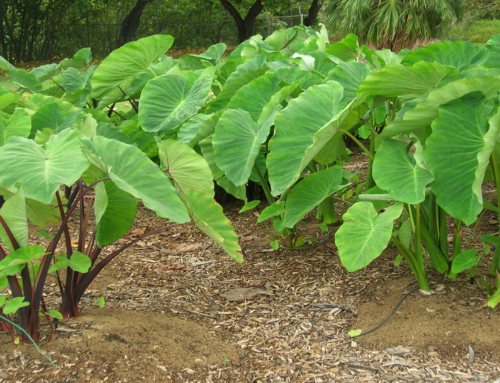
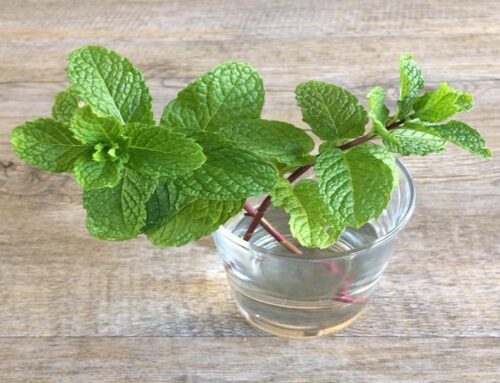
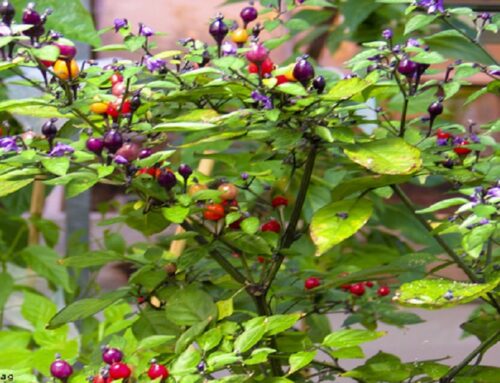
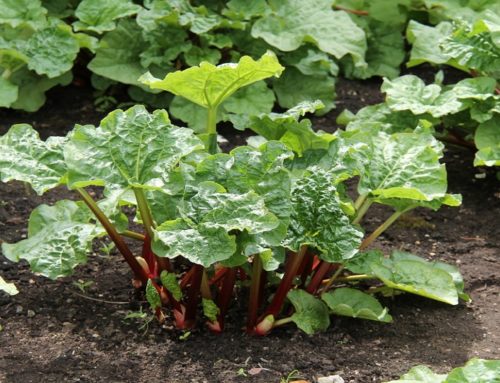
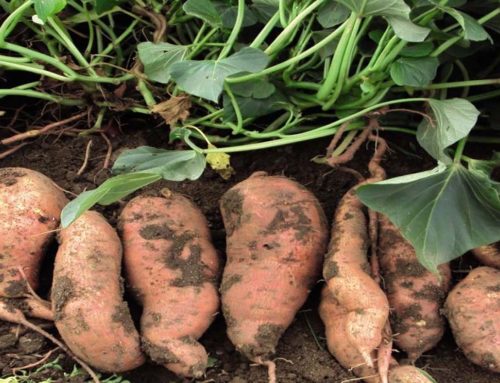
Leave A Comment
You must be logged in to post a comment.